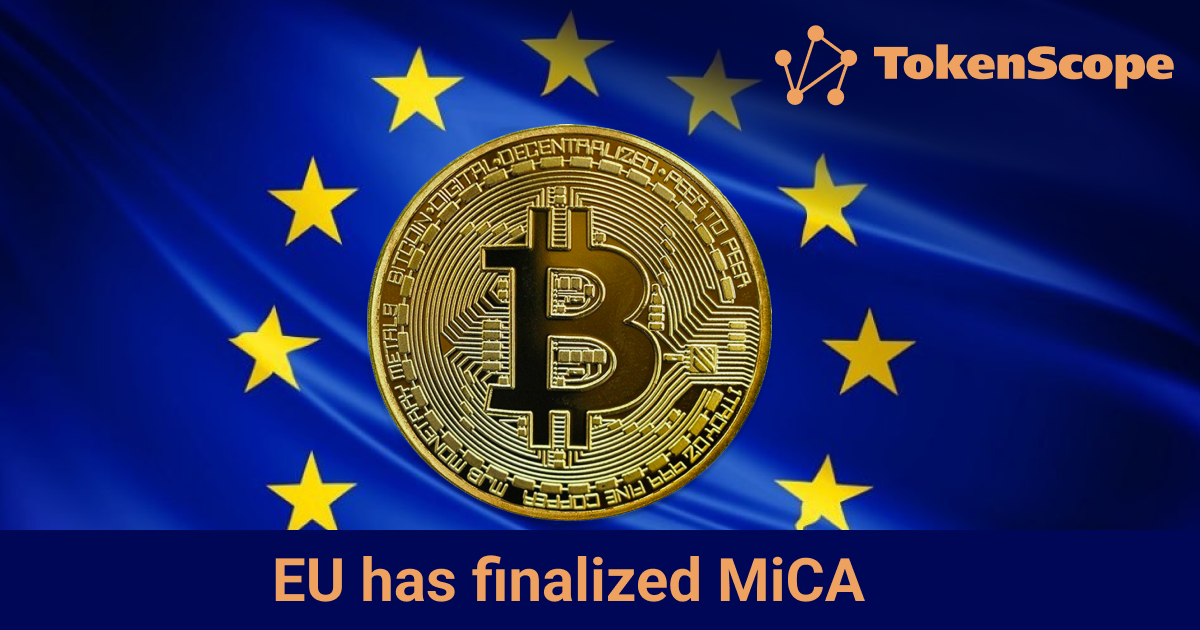Crypto regulation in the world: weekly digest #12

UAE
This week the Financial Services Regulatory Authority (FSRA) the regulator of Abu Dhabi Global Market (ADGM) financial hub has issued guiding principles on its approach to virtual assets regulation and supervision.
The Guiding Principles aim to clearly articulate at a high level the regulator’s approach to the control of virtual assets in ADGM. Whilst they are not legally binding, they should be viewed as a complement to the comprehensive detail of regulatory framework.
The legal framework is based on British common law, while within the economic zone, the functions of regulator, registrar and court will be performed independently. The ADGM’s regulatory committee will be selected and appointed by the organization's board of directors.
There were 6 guiding principles introduced:
- A Robust and Transparent Risk-Based Regulatory Framework;
- High Standards for Authorisation;
- Preventing Money Laundering and Other Financial Crime;
- Risk-Sensitive Supervision;
- Commitment to Enforce on Regulatory Breaches;
- International Cooperation.
What is new is a separate mention in the principles of the need to comply with AML/CFT requirements, as well as a commitment to international cooperation.
In 2017 the ADGM issued the world’s first comprehensive virtual asset regulatory framework for virtual assets. Since that time ADGM has become a true world’s crypto hub which is attracting major companies dealing with cryptocurrencies.
China
The First Intermediate People’s Court of Beijing has ruled in it’s verdict that the country's citizens can still trade cryptocurrencies, but they should be treated as virtual assets and not as a currency. It is important to note that China has an existing ban on cryptocurrency trading as well as mining, citing a threat to financial sector stability.
The exact case considered by the court concerned a dispute regarding a loan of Litecoin, and a promise to pay interest in the virtual currency. The judge cited that there were a lack of laws prohibiting the perception of Litecoin as an illegal asset.
Therefore, the judge ruled in favor of the complainant for proving that the defendant borrowed a cryptocurrency and ordered him to return Litecoin. It seemed like the judge was happy to consider Litecoin a virtual asset as China adopted laws governing them.
From our side, we can imagine that this decision would become a first small step to allow once again cryptocurrencies in China.
USA
The White House and President Biden have released the first comprehensive framework for responsible development of digital assets.
The report outlines diverse conclusions and recommendations given by various federal agencies after six months of studying the crypto industry. It is stated in the document that the President is going to consider whether it is necessary to call on the US Congress to amend the Bank secrecy act. It is expected that the changes will affect not only virtual asset service providers, but also NFT marketplaces.
The authorities will also consider the issue of tougher fines for businesses for illegal provision of financial services. The US Department of Justice may have more powers for punitive activity in the crypto market.
The US Treasury by the end of 2023 have to complete the risk assessment of illegal activities through decentralized finance, as well as the NFT marketplaces.
Stablecoins should also receive the updated regulatory framework. According to US authorities, the stablecoin market could provoke «devastating consequences» if it does not fall under existing financial services regulation standards. To «secure» stablecoins from potential risks, the US Department of the Treasury will increase its engagement with financial institutions to «identify, monitor and analyze strategic risks associated with the cryptocurrency markets».
We wrote earlier that US Senators Cynthia Lummis and Kirsten Gallibrand presented the Responsible Financial Innovation Act (RFIA), which also proposed a comprehensive regulatory framework for regulating digital financial assets in the United States. By present time the Bill is still has not been adopted as a law and it’s impossible to make predictions when it could be.
We continue to highlight the news of the world of crypto regulation worldwide. Please stay tuned for the latest news!




